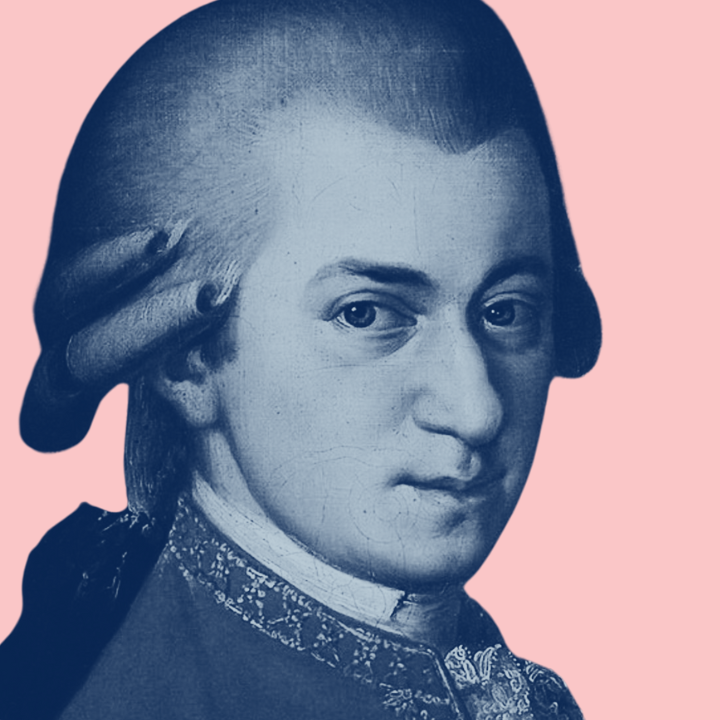
Mozart’s Quartet K. 464: Part IV
In the finale of Mozart’s Quartet K. 464, we encounter one of the most remarkable and thrilling finales in his oeuvre. The movement is built around two motifs introduced at the start, which Mozart uses to showcase his contrapuntal skills once again. These seemingly simple motifs become the foundation for a complex contrapuntal display. The development introduces additional motifs, further enriching the texture before presenting a calming chorale theme. The recapitulation incorporates even more motifs, culminating in a coda where Mozart’s contrapuntal mastery shines one last time, before the movement ends in a delicate whisper.

Mozart’s Quartet K. 464: Part III
In the third movement of Mozart’s Quartet K. 464, we are treated to an exquisite theme and variations. Starting with a refined theme, Mozart explores increasingly free variations, evolving from the theme's simplicity into complex counterpoint and music of surprising emotional depth. This movement highlights Mozart’s exceptional craftsmanship and innovation, making it the heart of the entire quartet.

Mozart’s Quartet K. 464: Part II
In the second movement of Mozart’s Quartet K. 464, Mozart opts for a charming minuet instead of the usual slow movement. Uncharacteristically complex for the form, this minuet features two simple motifs that Mozart develops through intricate counterpoint. The minuet combines motifs in a host of ways, creating a rich texture that contrasts with the typical simplicity of the form. The genius of this movement lies in Mozart’s ability to write complex, rich music that sounds clear and effortlessly elegant.

Mozart’s Quartet K. 464: Part I
Discover the elegance of the first movement of Mozart’s K. 464. It showcases Mozart’s mastery of form, clarity of musical thought, and boundless inventiveness in counterpoint.

Mozart’s Quartet K. 464: Introduction
Explore how inspiration shaped Mozart’s String Quartet K. 464, a masterpiece born from his admiration for Joseph Haydn. In this blog, we delve into the story of how Haydn’s groundbreaking Op. 33 Quartets spurred Mozart to create his own set of six quartets, culminating in the elegant and masterful K. 464. This work not only honours Mozart’s friendship with Haydn but also inspired Beethoven, leaving a lasting legacy in the chamber music literature.

